Utopia: A Novel
by Heidi Sopinka
The Canadian author’s second novel follows Paz, a young female artist, as she assumes the domestic life of a more established artist who died in mysterious circumstances—possibly at the hands of their shared husband. In an echo of Daphne du Maurier‘s Rebecca, the nervous Paz wrestles with professional and romantic envy of her late predecessor, the mystery surrounding Romy’s death, and the resentment of their mutual friends. Utopia is a tense, absorbing and sun-bleached portrayal of womanhood and the making of art in 1970s California.
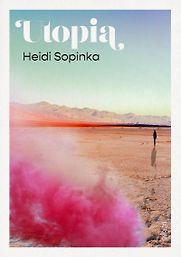
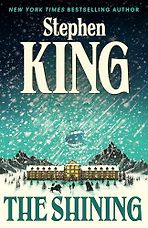
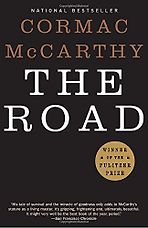
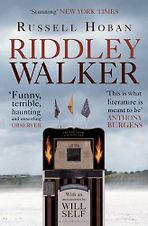
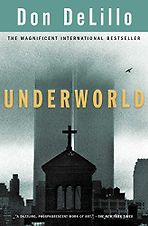
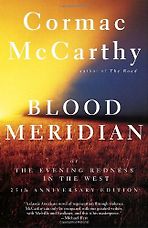
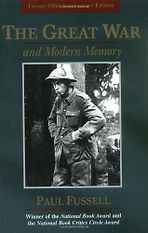
The book, according to the author